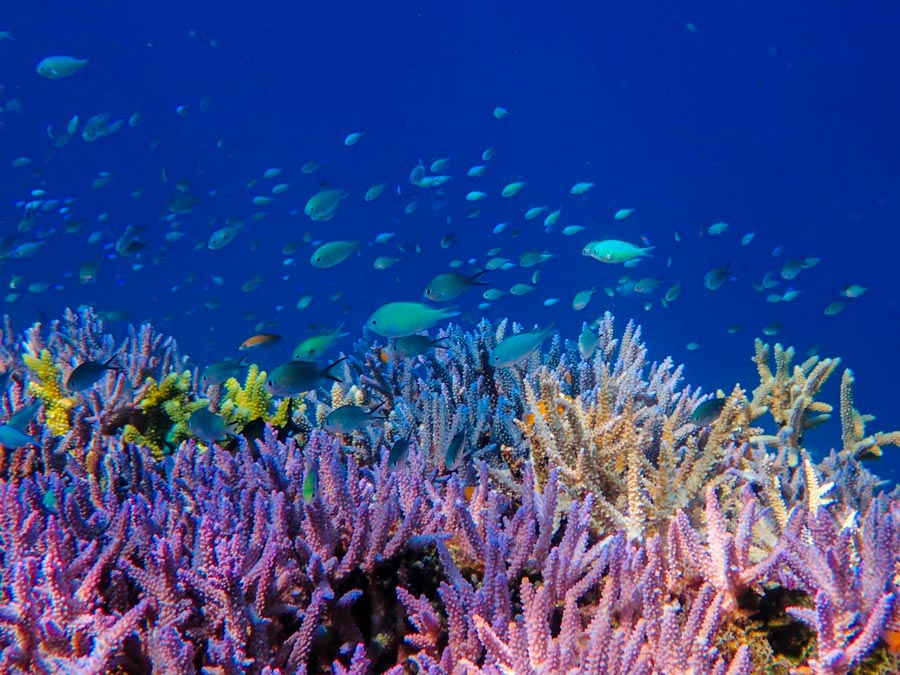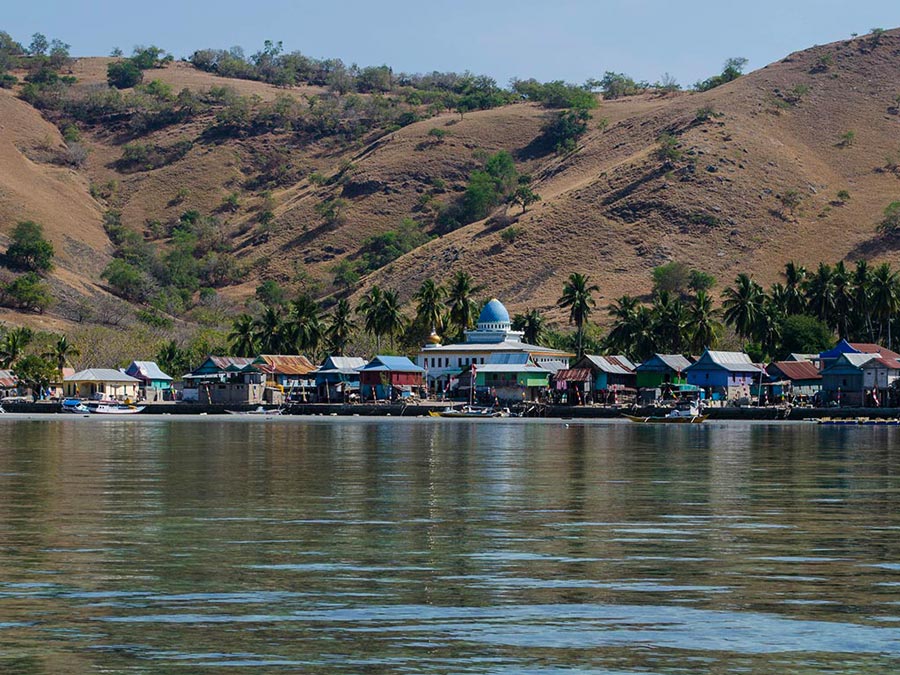

With or without a Valentine, adopt a coral this Valentine’s Day and help preserve our oceans!


Scientists estimate that coral reefs are home to more than 25% of marine species. Corals are also at the core of the formation of other ecosystems.

Reefs only cover 0.2% of the oceans. Yet they protect more than 150,000 kilometres of coastline in more than 100 countries and territories. They can form a barrier that absorbs wave energy and thus help reduce coastal erosion.
Approximately 1 billion people live within 100 kilometres of coral reefs and are likely to benefit from their ecosystem services. 500 million people directly depend on them. Reefs can yield between 5 and 15 tonnes of fish and shellfish per square kilometre.
Millions of people around the world depend on reefs for employment. According to an estimate, the total annual net benefit of the world’s coral reefs is $29.8 billion.
Coral reefs also contribute to research advancements, in particular by providing interesting possibilities for the treatment of various diseases.